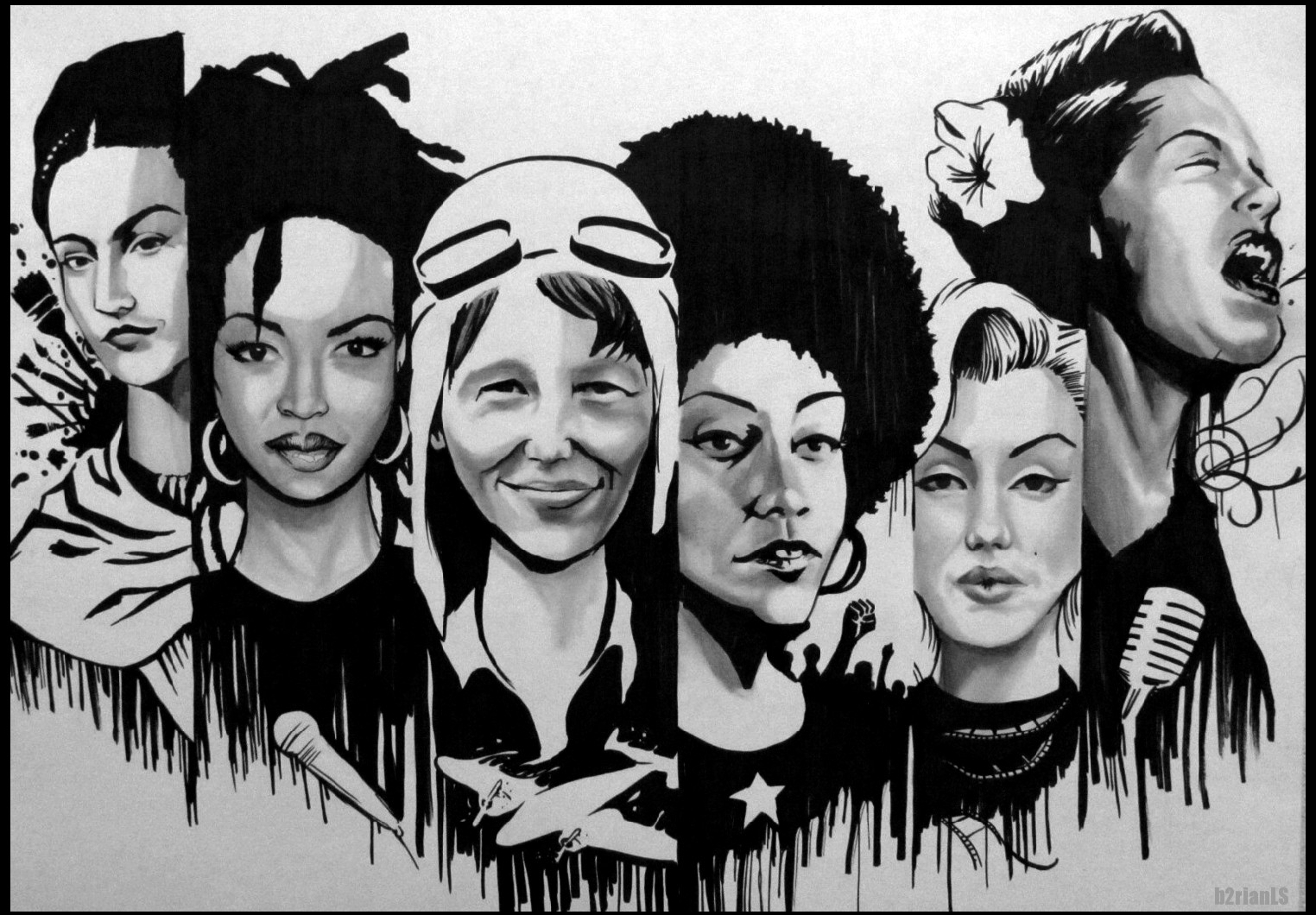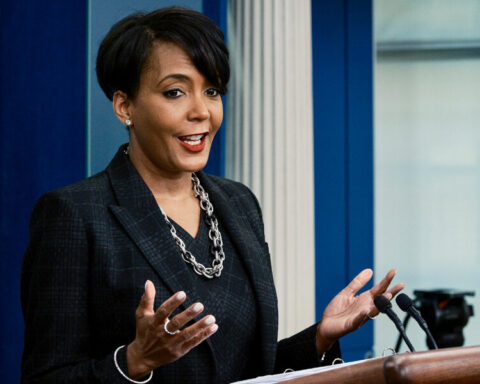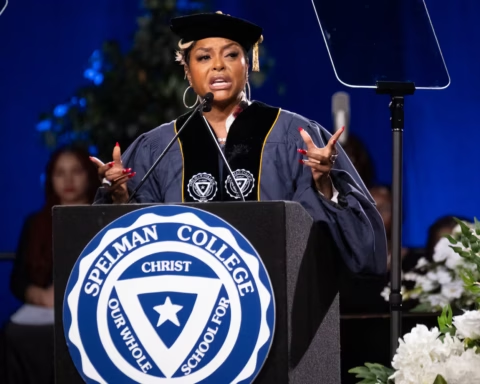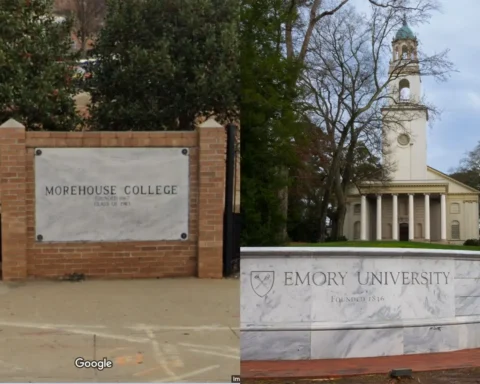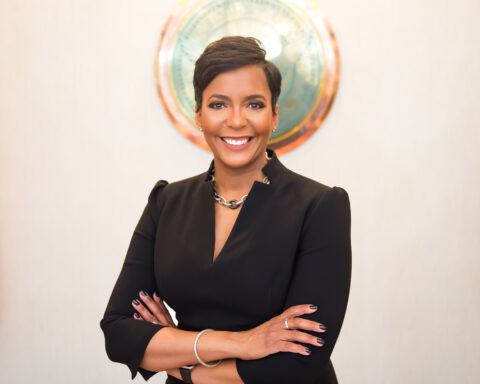The opinions expressed in this article are the writer’s own and do not reflect the views of Her Campus.
This article is written by a student writer from the Her Campus at CAU chapter.
Pioneers of Excellence
Historically, Black Colleges and Universities (HBCUs) have been the primary educational institutions responsible for generating renowned Black women leaders. Women who attended HBCUs have made long-lasting contributions to politics, entertainment, education, and activism. These women’s incredible stories, who displayed resilience and leadership, continue to inspire today’s youth. Five great women who attended HBCUs established historical milestones that inspire today’s students to follow their paths to success.
Former Vice President Kamala Harris – Howard University
Kamala Harris became the United States’ first female vice president and the first Black and South Asian person to hold the position. Harris credits her experiences at Howard University with helping her develop a sense of purpose and devotion to justice. During her tenure at Howard University, she participated in student government activities and joined Alpha Kappa Alpha Sorority Inc., which laid the groundwork for her future career in public service. Harris’ rise to become the country’s second-in-command exemplifies both the transforming power of HBCU education and Black women’s ability to govern effectively.
Taraji P. Henson – Howard University
In her award-winning career, Taraji P. Henson has broken down barriers in Hollywood and worked to raise awareness of mental health issues in Black communities. Henson graduated from Howard University, where she studied drama, and she credits her HBCU education for giving her the confidence to become an actress despite several rejections. Henson’s work in projects like Empire, Hidden Figures, and many more demonstrates the tremendous strength and brilliance of Black women, both in front and behind the camera. Through her accomplishments, Henson demonstrates how perseverance works in tandem with the HBCU support network.
Dr. Johnetta Betsch Cole – Spelman College
After working as an anthropologist and teacher, Dr. Johnetta Betsch Cole became the first African American woman to serve as the president of Spelman College from 1987 to 1997. During her tenure as Spelman’s president, she raised the university to its current status as the premier educational institution for Black women. Dr. Cole has utilized her platform to advocate for women’s rights and racial equality while also preserving African American culture. Dr. Dr. Cole established a foundation at Spelman that inspires Black women to achieve academic and professional achievement.
Keisha Lance Bottoms – Florida A&M University
Keisha Lance Bottoms, Atlanta’s 60th mayor, is a proud alumnus of Florida A&M University. Bottoms, the city’s mayor, presided over social justice movements and the COVID-19 pandemic with grace and determination. Her experience at FAMU influenced her political awareness and commitment to public service. Bottoms remains an unwavering advocate of economic development, social justice, and equitable chances for people of color.
Phylicia Rashad – Howard University
Phylicia Rashad’s performance as Clair Huxtable on The Cosby Show earned her a Tony Award, cementing her status as a cultural icon of Black family power and accomplishment. Rashad graduated from Howard University and later became dean of the Chadwick A. Boseman College of Fine Arts, where she guided new artists. Phylicia Rashad’s work in arts and education highlights how HBCU-educated women make a cultural impact while strengthening their communities.
Honoring HBCU Legacy and Leadership
These five ladies demonstrate the strength, brilliance, and leadership that HBCUs create. Their contributions to politics, entertainment, education, and social justice demonstrate the greatness that distinguishes the HBCU experience. As we commemorate Women’s History Month, their stories serve as a reminder of the necessity of investing in and empowering the next generation of Black female leaders.
Who are the HBCU women that inspire you? We must continue to recognize their achievements while making sure their stories remain relevant for future generations.
Honoring More HBCU Trailblazers
The ladies highlighted above have achieved extraordinary accomplishments, but many HBCU-educated or inspired women have made significant contributions to society. These honorary mentions include women whose accomplishments continue to inspire and elevate society:
The Nobel Prize-winning author Toni Morrison who attended Howard University created American literary masterpieces through Beloved and The Bluest Eye while expressing Black experiences in her work.
- Oprah Winfrey (Tennessee State University) built one of the most influential media platforms through her work as a media mogul philanthropist and talk show host.
- The Grammy Award-winning singer-songwriter and actress Erykah Badu earned the title ‘Queen of Neo-Soul’ at Grambling State University while creating music and leading cultural movements that continue to influence society.
- Through her Pulitzer Prize-winning novel The Color Purple and her activism for racial and gender equality, Alice Walker established herself as a prominent author.
- Shirley Franklin became Atlanta’s first African American woman mayor while leading the city through major political and economic developments.
- Pauletta Washington represents a talented actress and classical pianist who uses her platform to support arts education while maintaining her HBCU affiliation at the North Carolina School of the Arts.
- Marian Wright Edelman established the Children’s Defense Fund after graduating from Spelman College where she became a prominent advocate for children’s rights and social justice.
- The actress Jasmine Guy gained fame through her A Different World role which showcased HBCU life to television audiences.
- Audra McDonald received Tony Awards as an actress and singer while using her platform to fight for racial justice and arts equality.
- Angela Rye works as a political commentator while advocating for social justice and equity through her strong connections to HBCU institutions despite attending Seattle University.
The honorary mentions highlight how Black women’s accomplishments at HBCUs span multiple fields. HBCUs have demonstrated how education, paired with resilience and cultural pride, may lead to great results. Women’s History Month provides an opportunity to honor the extraordinary contributions of Black women who attended historically black colleges and universities.

